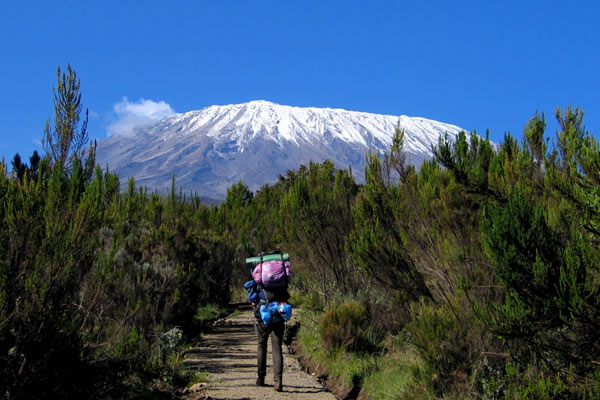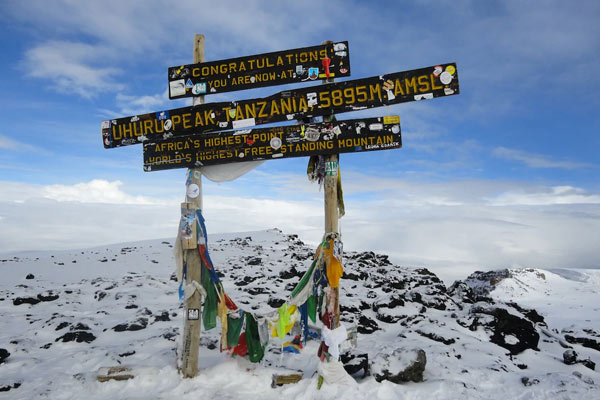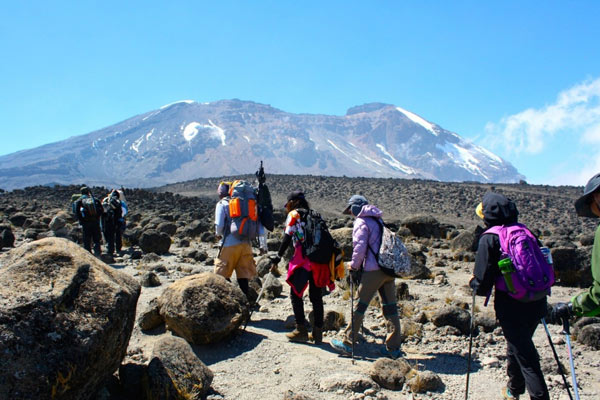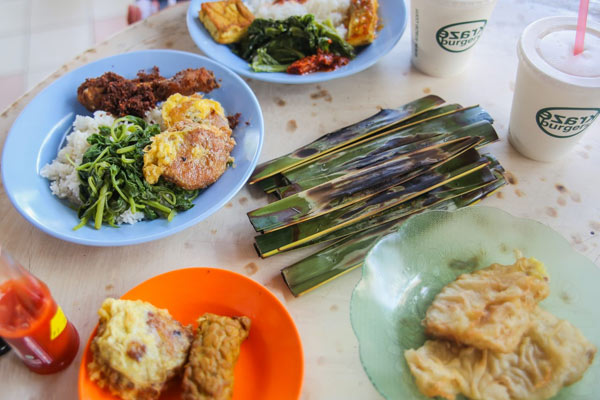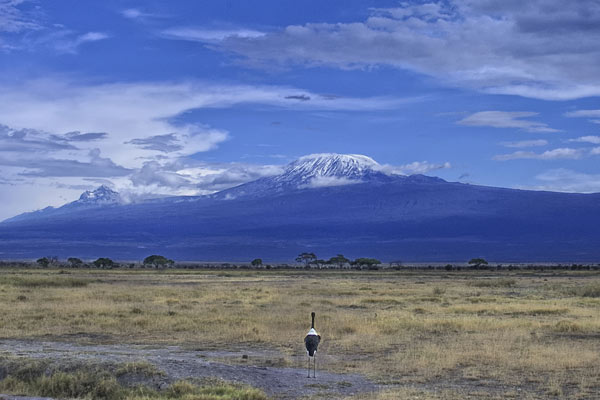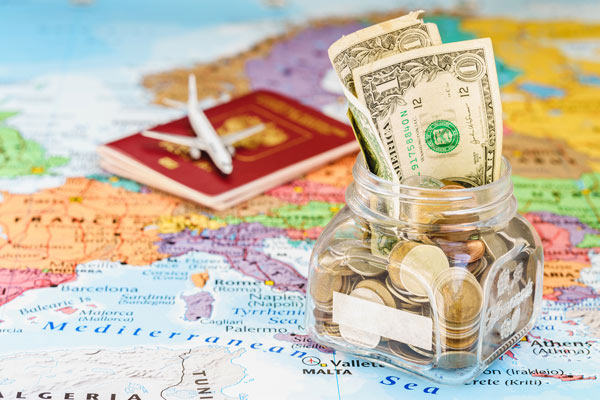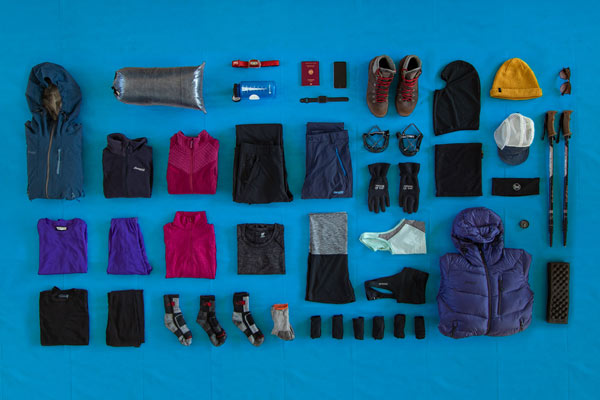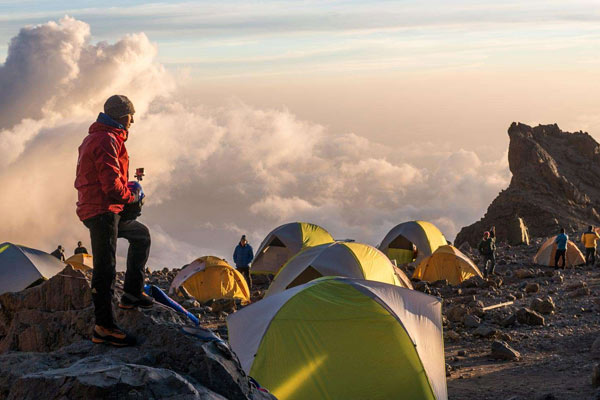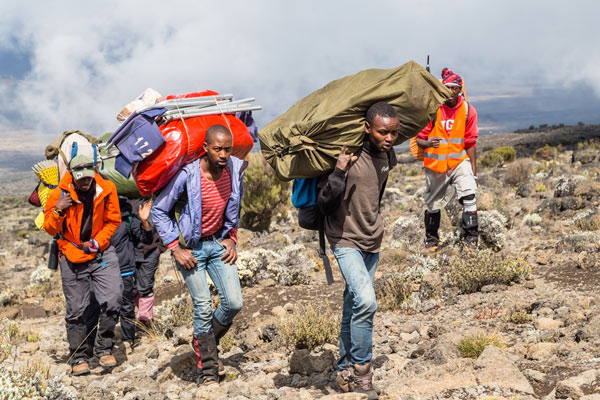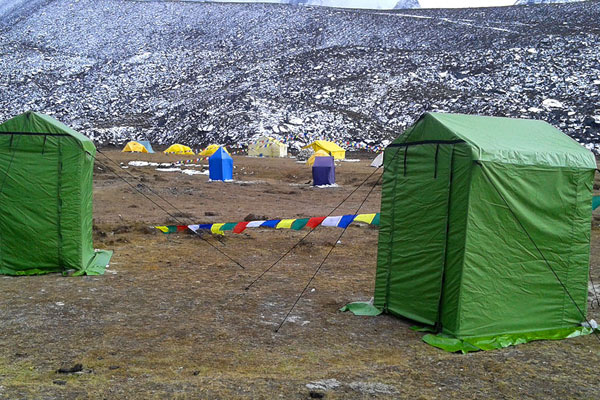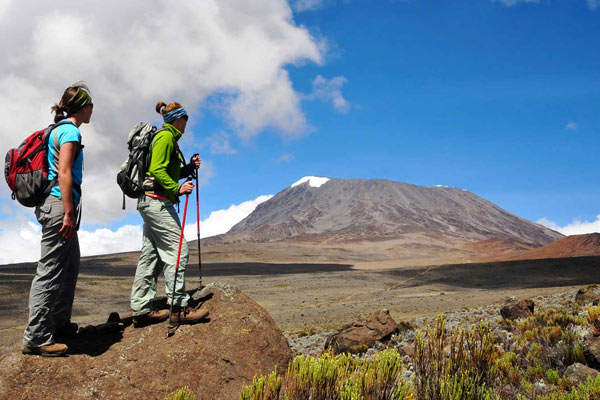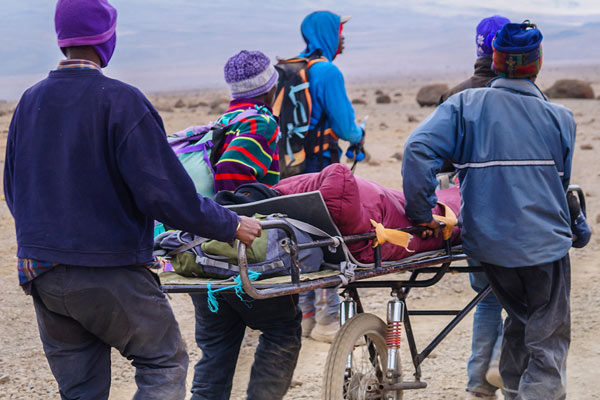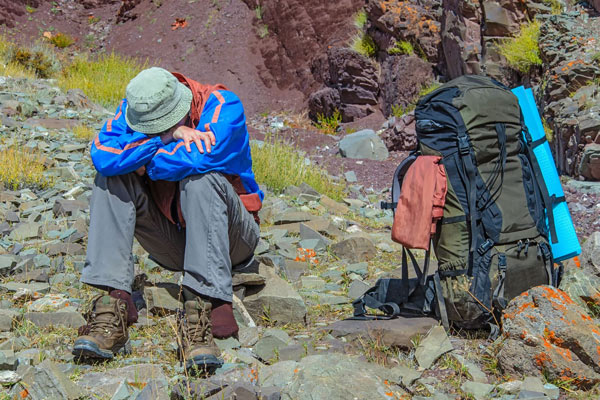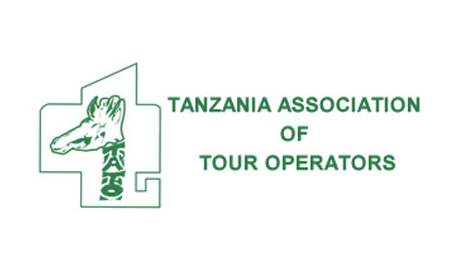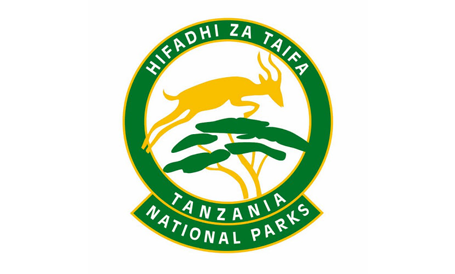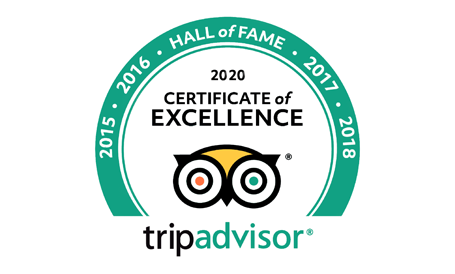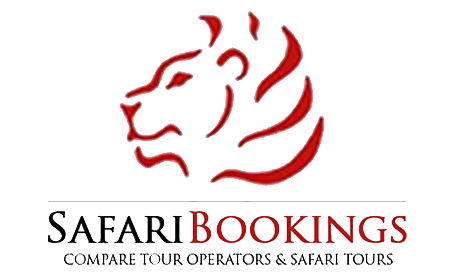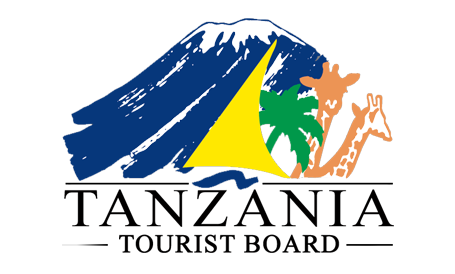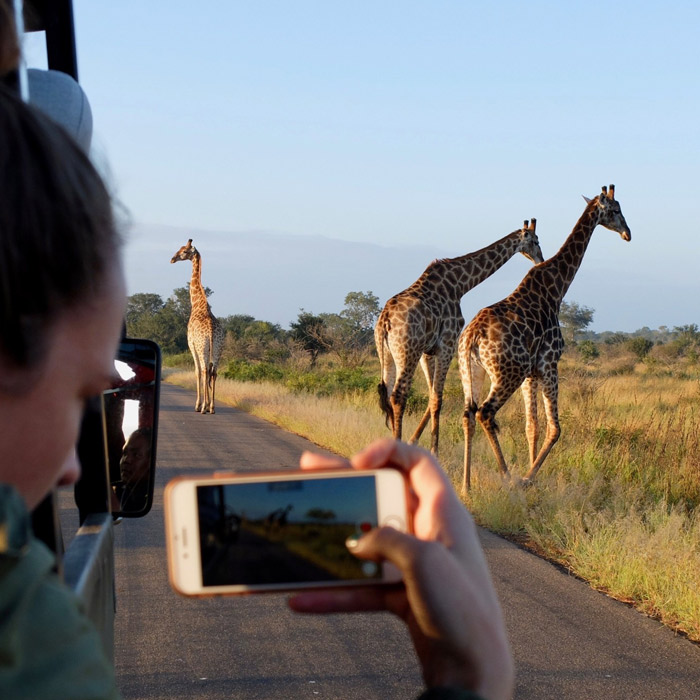Kilimanjaro FAQs
1: Will altitude affect me?
Kilimanjaro is a high altitude trek up the 5985 m tall mountain. No matter how fit you are you cannot escape the effects of altitude. Contrary to perception acute mountain sickness has nothing to do with age, sex, fitness, diet etc. It just a harsh reality that hits you once you breach 2400m mark and intensifies at 3000m mark. Symptoms include a headache, fatigue, sleep disturbance, problems with the digestive system and dizziness etc.
2: What will I east during the trek?
You will be provided with a three full meal a day that will take care of your dietary needs without compromising on taste. Special dietary requests will be met but advance intimation is necessary.
3: Where will I sleep on Mt.Kilimanjaro?
On Mt. Kilimanjaro, overnight accommodation is always in the tents at designated camps which are established every afternoon and undone the next morning as the trek resumes. Unless you have chosen the Marangu route which is dotted with rustic huts and climbers get to sleep in huts in dormitory-style accommodations.
4: What will be the weather like on Kilimanjaro?
The journey to the glittering peaks of the plateau is a trek through five distinct habitat zones and varying altitudes. The ascent is an absolute equator to the arctic experience as you go from cultivated land> rain forest> heath moorland> alpine desert and finally arctic summit. Irrespective of which route you choose, days will be hot and nights chilly. The weather is disposed to to being wicked and shifting without warning. Better be prepared for all possibilities.
5: What are the toilets facilities on the climb?
Yes, referred to as the “long drop”. Relieving is the bushes unless they are willing to divide out extra for portable toilet.
6: Are your mountain guides trained to recognise symptoms of acute mountain sickness?
Our guides are trained to effectively monitor clients constantly and assess if they are suffering from AMS and, if so, how severe that AMS is. They are also trained to respond in the case of a moderate or severe case of altitude sickness – besides capable of arranging immediate evacuation.
7: Do I need a permit to climb?
Yes, you must have a permit and all climbers. The Tanzanian government regulations mandate trekkers are to be accompanied by a registered and licensed guide regardless of the route without exceptions.
8: Is Kilimanjaro Travel insurance necessary?
We highly recommend purchasing travel/medical insurance for your trek. Accidents and other unintended consequences can never be predicted for prepared enough for. Makes sense to cover your risks.
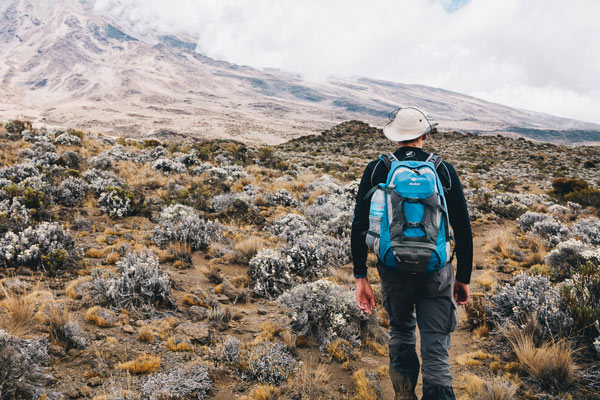
Kilimanjaro FAQs
